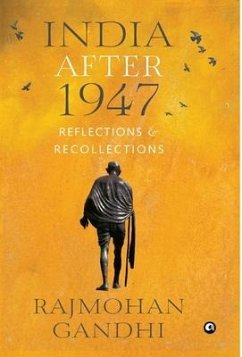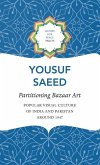Seventy-fiveyears after Independence, India faces stark questions. Some of the mostpressing ones relate to jobs and the cost of living. But questions about thestate of our democracy are equally critical, if not more so. When India wonindependence and prepared to become the world's largest democracy, the people,through their leaders and elected representatives, looked to create a nationbuilt on the ideals of equality, liberty, and fraternity. That this seemed asuccessful exercise-in a densely populated country with high levels ofilliteracy and poverty, a bewildering variety of religions, castes, andlanguages, and a history of internal conflict-surprised many and gave hope tomany more. However, over the years, these ideals have repeatedly come underattack. Inthe book, the author reflects on key issues that India will need to deal with.He asks if India's future will be dictated bythe resentful victimhood thatseems to grip the champions of Hindu nationalism in a country where Hindusdominate the economy, the polity, the media, the culture, and everything else.Or will calm, thoughtful, self-critical yet confident young Indians-Hindu,Muslim, Christian, Sikh, Buddhist, Jain, Parsi, and others-prevail and continueto build a country that treats everyone as equal? He addresses debates aboutthe idea, image, and personality of Ram throughout India's life and history;analyses the fallout of Partition and the concept of Akhand Bharat; and delvesinto what Mahatma Gandhi stood for and against-all of them issues that arecontested in today's India. In addition to these reflections, the author looksback at the history of the nation from 1947 onwards and examines what we, thepeople of India, should do to remain a viable and vibrant democracy thatensures that none of its citizens are left behind or feel oppressed, unwelcome,or unsafe. A timely study of the state of the nationfrom one of our foremost thinkers, India After 1947 is an essential readthat reminds us of who we are as a nation and what we should aim to be.
Hinweis: Dieser Artikel kann nur an eine deutsche Lieferadresse ausgeliefert werden.
Hinweis: Dieser Artikel kann nur an eine deutsche Lieferadresse ausgeliefert werden.








